Advertisement
Cybersecurity has become more critical than ever. As more of our work, data, and communication moves online, the chances of cyberattacks have also increased. Hackers are employing more refined methods, and traditional security systems often struggle to keep pace. This puts both businesses and individuals at risk.
This is where more innovative solutions are needed. Many businesses are now using Artificial Intelligence (AI) to improve their cybersecurity. AI can scan large amounts of data, identify unusual behavior, and respond to threats more quickly than human teams. It's not a magic fix, but it adds an extra layer of protection that's becoming more important every year. In this blog, we'll explore how AI is being used in cybersecurity, what benefits it brings, and what challenges remain.
Artificial Intelligence, or AI, in cybersecurity, refers to the use of advanced computer programs that can learn from data and make decisions to protect systems. Unlike traditional security tools that follow fixed rules, AI systems analyze large amounts of information to identify patterns and detect unusual behavior that may signal a cyberattack.
AI utilizes techniques such as machine learning, where the system continually improves over time by learning from past experiences. This enables it to detect new or unknown threats that haven't been previously identified. For example, AI can monitor network traffic and identify anomalies, such as sudden spikes in activity or access from unusual locations.
By continuously analyzing data and adapting, AI offers a more flexible and proactive approach to cybersecurity. It helps businesses respond more quickly and accurately to threats, thereby reducing the likelihood of a successful attack.
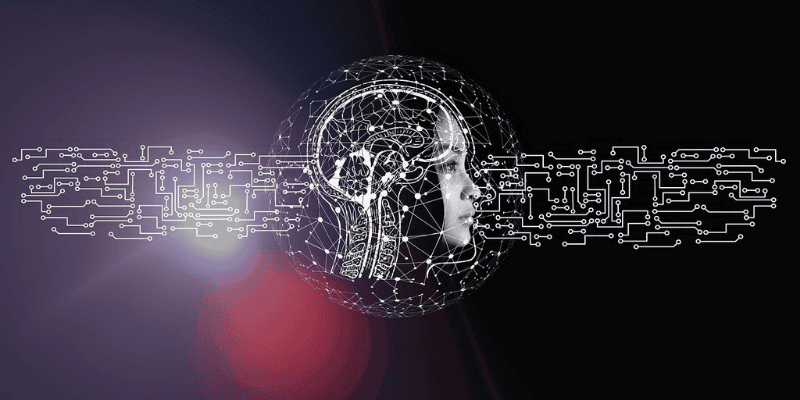
Cyber threats are no longer limited to big companies or government organizations. Small businesses, schools, hospitals, and even individual users are now targets. Attackers employ methods such as phishing, malware, ransomware, and data theft to cause harm or extort money. These attacks can happen at any time and often go unnoticed until the damage is done.
Traditional cybersecurity tools, like firewalls and antivirus software, are still useful but often rely on known threats to block attacks. That means if the system hasn't seen the threat before, it might miss it. Cybercriminals exploit this by continually adapting their techniques.
As a result, there is a growing need for more intelligent and efficient methods to protect systems. Businesses can't afford to wait hours or days to respond to a threat. They need systems that can identify and address problems in real time. That's where AI is starting to make a difference.
Artificial Intelligence is playing a vital role in various aspects of cybersecurity by offering smarter and faster ways to protect data and systems. One of the primary uses of AI is in threat detection, where it can analyze vast amounts of data to identify unusual patterns or behaviors that may indicate a potential attack. This capability enables AI systems to recognize new and emerging threats that traditional security tools may miss, as they rely on known threat signatures.
Phishing prevention is another critical application, as AI tools scan emails, websites, and links to detect suspicious content designed to deceive users into revealing sensitive information. By identifying these threats before they reach the end user, AI helps reduce the risk of costly security breaches caused by human error.
In industries such as banking and finance, AI is heavily utilized for fraud detection. It continuously monitors transactions in real-time and flags any activity that appears out of the ordinary, enabling faster responses and reducing losses.
One of the most significant advantages of using AI in cybersecurity is its ability to analyze vast amounts of data quickly and accurately, which enables faster detection of threats. Unlike traditional systems that often rely on predefined rules, AI can learn from new data and adapt to changing attack methods, making it much more effective in identifying previously unknown threats. This speed and flexibility are crucial for businesses that need to respond to attacks in real-time to minimize damage.
Another significant benefit is the reduction of human error. Cybersecurity teams handle massive workloads, and it's easy to miss subtle warning signs in large datasets. AI can assist by continuously monitoring systems without fatigue, ensuring that no critical information is overlooked.
Many industries have already begun using AI to enhance their cybersecurity defenses with positive results. In the financial sector, banks rely on AI-powered systems to monitor millions of transactions daily, quickly identifying unusual patterns that may indicate fraud. This helps protect customers and reduces financial losses.
Healthcare organizations also use AI to safeguard sensitive patient data. By continuously monitoring network activity, AI tools can detect potential breaches or ransomware attacks early, which is crucial for protecting private health information.
Tech companies and large corporations often deploy AI to manage their complex networks, spotting threats before they can cause widespread damage. Even smaller businesses are beginning to adopt AI-based security tools, as they offer affordable and efficient protection compared to traditional methods.
The role of AI in cybersecurity is expected to grow significantly in the coming years. As cyber threats become more sophisticated, AI will continue to evolve, offering even more proactive and predictive defense capabilities. Instead of just reacting to attacks, future AI systems will aim to anticipate and prevent them before they happen by analyzing trends and detecting vulnerabilities early.
AI will also become more integrated with other technologies, such as cloud computing and the Internet of Things (IoT), helping to protect a broader range of devices and networks. This will be important as more businesses adopt connected devices, increasing the potential entry points for attackers.
At the same time, there will be a stronger focus on ethical AI and privacy concerns. Businesses will need to strike a balance between the power of AI and responsible use, ensuring that data is protected and systems remain transparent.
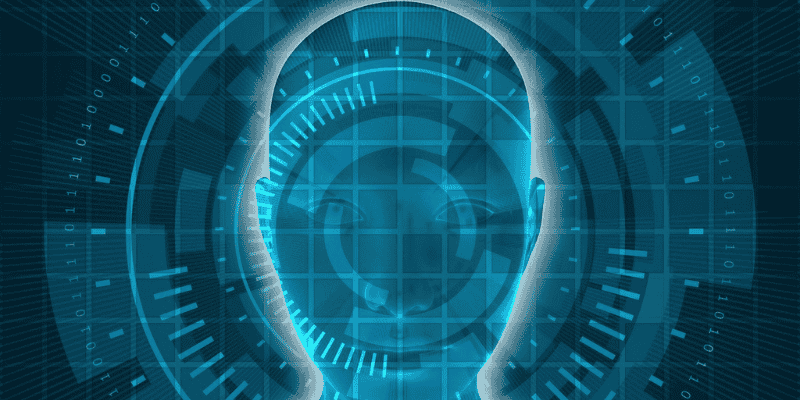
Artificial Intelligence is becoming an essential part of modern cybersecurity, enabling businesses to detect and respond to threats more quickly and accurately. While AI is not without its challenges, such as data quality and cost, its ability to learn and adapt makes it a powerful tool in the fight against cyberattacks. As threats continue to grow, combining AI technology with skilled human oversight will be key to building stronger defenses.
Advertisement

How AI Policy @Hugging Face: Open ML Considerations in the EU AI Act sheds light on open-source responsibilities, developer rights, and the balance between regulation and innovation
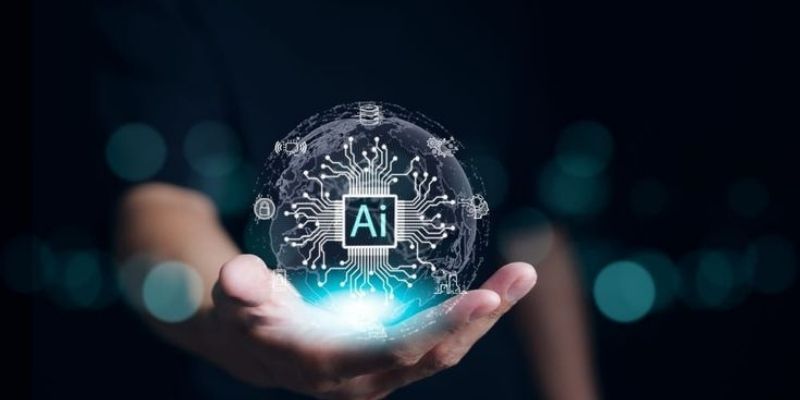
Discover AI’s latest surprises, innovations, and big wins transforming industries and everyday life.

Apple may seem late to the AI party, but its approach reveals a long-term strategy. Rather than rushing into flashy experiments, Apple focuses on privacy, on-device intelligence, and practical AI integration that fits seamlessly into everyday life

Compare AI, ML, DL, and Generative AI to understand their differences and applications in technology today

AI is reshaping the education sector by creating personalized learning paths, automating assessments, improving administration, and supporting students through virtual tutors. Discover how AI is redefining modern classrooms and making education more inclusive, efficient, and data-driven
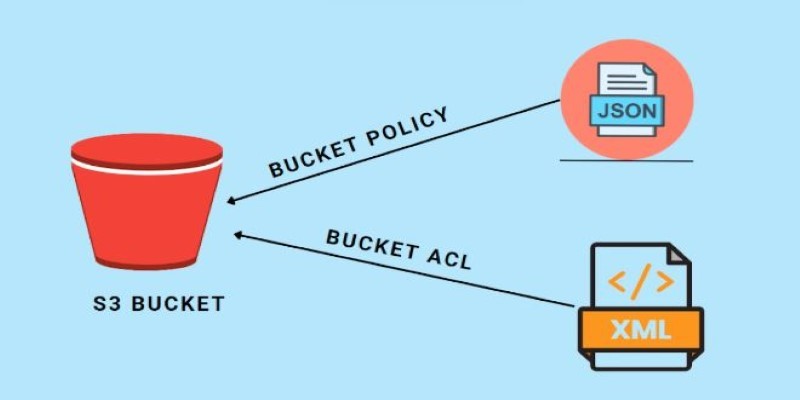
How AWS S3 buckets and security work to keep your cloud data protected. This guide covers storage, permissions, encryption, and monitoring in simple terms

Discover how an AI platform is transforming newborn eye screening by improving accuracy, reducing costs, and saving live
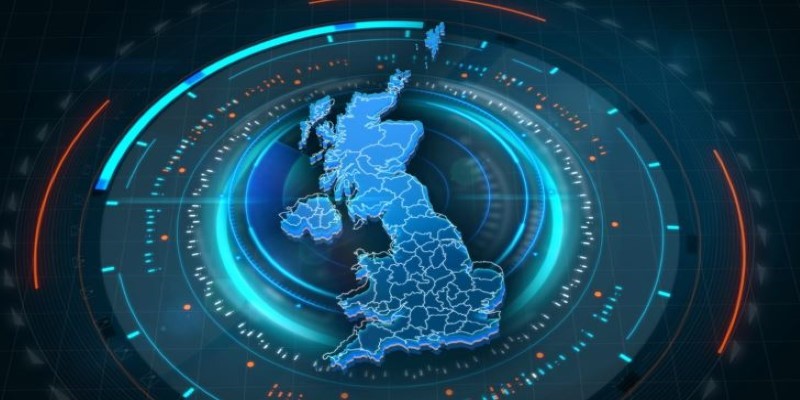
The UK’s AI Opportunities Action Plan outlines new funding, training, and regulatory measures to boost artificial intelligence innovation. Industry responses highlight optimism and concerns about its impact
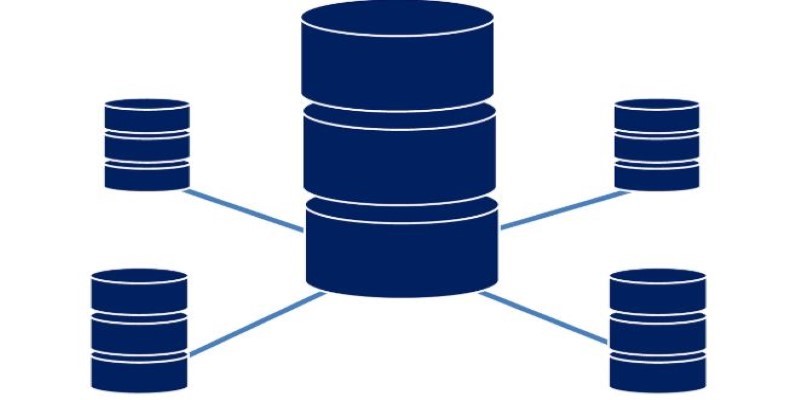
How interacting with remote databases works when using PostgreSQL and DBAPIs. Understand connection setup, query handling, security, and performance best practices for a smooth experience
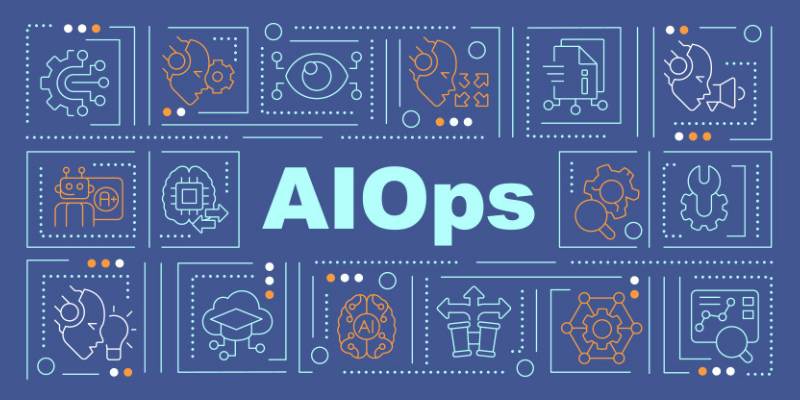
Discover how observability and AIOps transform IT operations with real-time insights, automation, and smart analytics.
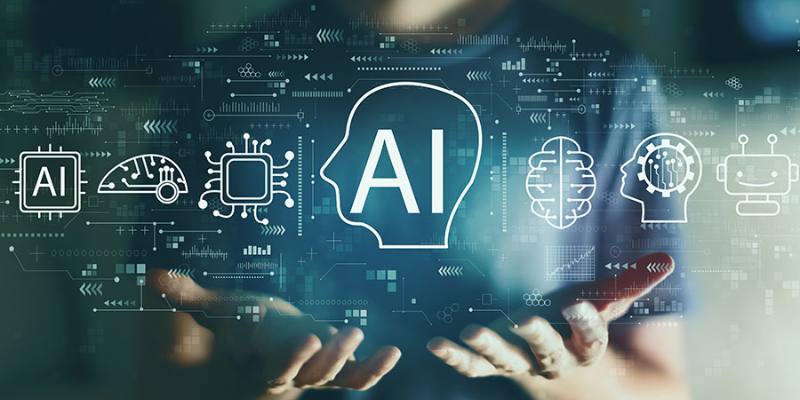
Explore how AI enhances employee performance, learning, and engagement across today's fast-changing workplace environments.

Can $600 million change the self-driving game? This AI freight company isn’t chasing hype—it’s delivering real-world results. Here's why the industry is paying close attention